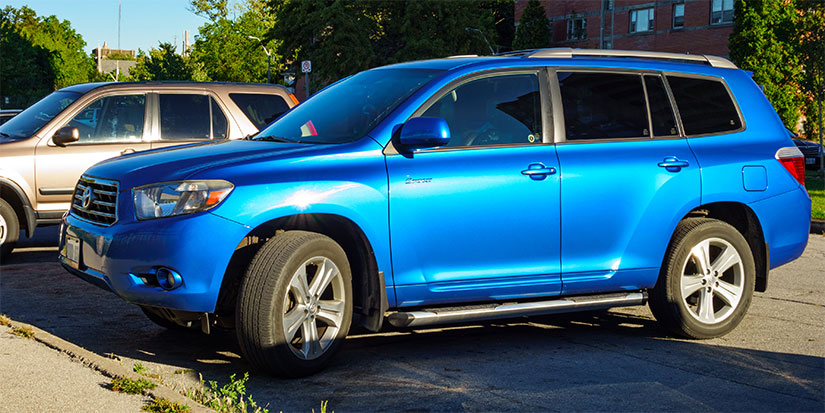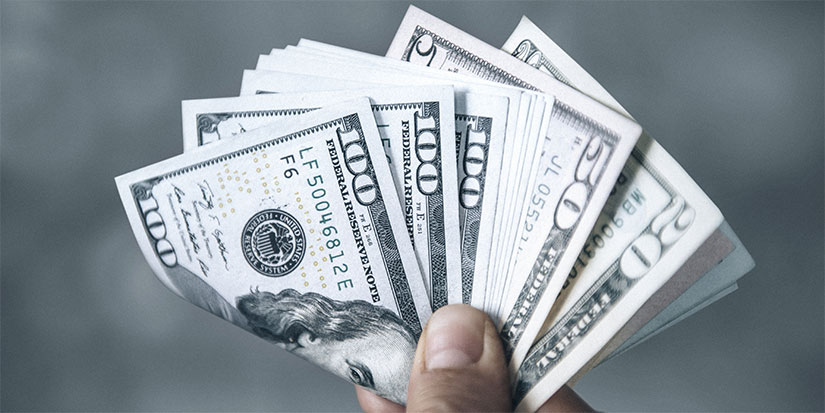
New Year’s Resolutions
I’m not a big fan of New Year’s resolutions. A few times, I’ve made a New Year’s resolution to lose weight. Still fat!
Be Smart
The BE SMART podcast has been in existence for a while, and I thought it was a clever bit of branding on my part, because isn’t that what we all hope to aspire to do in money and markets—be smart?
Chunky Revenue Streams
My job is to write newsletters. I get paid pretty much every day of the year, as new subscriptions and renewals come in. It is a fairly steady revenue stream. My list is large enough that I have a good idea, statistically speaking, of how many people are going to renew and how many are going to cancel. The goal is to get more new subscriptions than cancellations, so you grow over time. But this steady stream of revenue allows me to plan—it is unlikely that everyone would suddenly cancel at once.
My brother is a practice broker. He buys and sells dental practices. He gets paid a lot to do this, averaging about $30,000 to $70,000 per transaction, sometimes more, and if he can do 20–30 a year, he makes a good living. But if four or five deals fall apart in quick succession, he has to rethink the vacation to Jamaica.
If you are a W-2 employee, like most people are, you have a steady, reliable income stream. This allows you to plan. You can take out a mortgage, you can take out a car loan, you can save and invest for the future. Chunky revenue streams do not allow you to do this. You have to be in savings mode constantly, in case one day the deal flow dries up. Real estate agents have chunky revenue streams, especially the high-end ones. It is a tough way to make a living.
But even I don’t know how much I am going to make from year to year. I try to make an educated guess, so I know how much to pay in estimated taxes, but sometimes my guesses are off. More on estimated taxes in a second. A lot of people would freak out if they didn’t know how much money they were going to make in a year. Welcome to entrepreneurship, folks. You give up the safety and security of that 9-to-5 job for something with unlimited upside—and a lot of volatility.
If you know any entrepreneurs, you know they are crazy gamblers. They will bet everything on themselves. And we need crazy gamblers for the economy to keep growing—we need these people to keep taking risks. For a lot of people, all they want is a steady paycheck with benefits and a 401(k) match. I encourage you to dream a little bigger.
Save 50% or More
If you are one of these transaction-oriented people with a chunky revenue stream, you must save 50% of your income or more. Save as much as humanly possible. If you get to the end of the year, and you have a lot left over, then do the home renovations or take the trip to Jamaica. But if you blow through that cash when the check hits the bank, and your deal flow dries up, you will be in a world of hurt. So again: If you have a chunky, variable revenue stream, save 50%. Pay yourself first, as the personal finance gurus would say. Someone with a steady paycheck can get away with not saving as much, though everyone, regardless of their station in life, should save 20% of what they make.
The reason is that steady paycheck might not be as steady as you think. Maybe we get a recession, and there are waves of layoffs. Maybe you do something dumb at work and get fired. Wouldn’t be the first time that has happened. Maybe a family member gets really sick, and you have to leave work to take care of them. I don’t want to create the impression that only people with chunky revenue streams need to save—we all need to save. And 20% is just a guideline—you should probably save more.
Estimated Taxes
I have been paying estimated taxes since 2008 when I started my newsletter. If you’re not aware, estimated taxes are what people pay when they don’t have a W-2 income. They have to guess what their income will be, and then figure out their potential tax liability, and then send checks in to the IRS four times a year.
I tell you what, if everyone in this country was paying estimated taxes, we would never elect a Democrat again. Tax withholding is one of the most insidious things in the world—you have these taxes noiselessly whisked out of your paycheck, and you don’t even miss it unless you look at your pay stub at all the taxes going out the door. Get rid of tax withholding, and a lot of things would improve in the US, I assure you of that.
Anyway, the saving issue has greater urgency at this point in history. Let me put it this way: We are closer to the next recession than the last one. Save until your neck bleeds. Then put those savings into something sensible like The Strategic Portfolio, which will minimize your risk of getting steamrolled during a downturn, while delivering steady returns. This is how grown-ups manage their money. Get started here.

Jared Dillian, MFA
|

Owning a Beater Car
There is something to be said for a beater car. And these days, buying a new car is a luxury.

I Was Right About Everything
I wrote No Worries mostly in 2021, in the interregnum between winter and spring semester in my MFA program. I had bold ideas, but they had not yet been put to the test.
